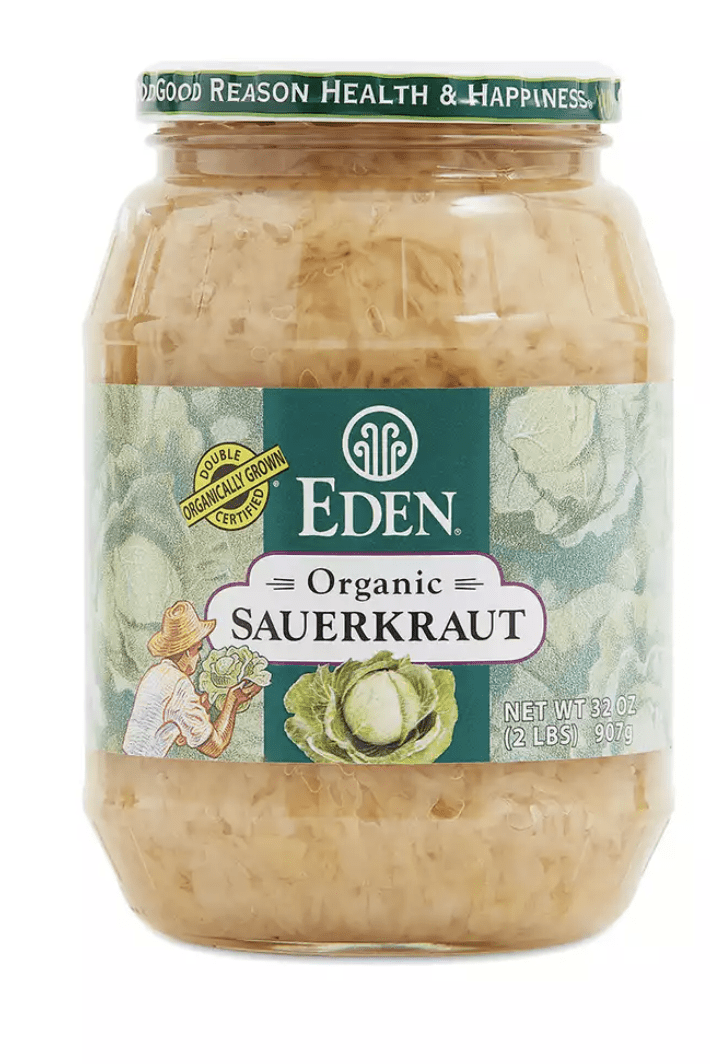EAT THIS, NOT THAT! – If you want to improve your health, one of the best places to start is with the trillions of bacteria living inside your digestive tract. Keep them happy with these seven foods and you’ll reap the rewards with a strong immune system, more energy, improved mood, and better overall health.
1. Yogurt
Yogurt is one of the best-known probiotic foods. Live active cultures are added to milk, breaking down lactose and creating lactic acid. The fermentation of milk by the live active cultures gives yogurt its characteristic tangy taste and thick and creamy texture.
2. Cottage Cheese
“Cottage cheese is an under-loved fermented food that can be a source of probiotics and can also be the base of your ice cream,” says gut health nutritionist Amanda Sauceda, MS, RD, in reference to the cottage cheese ice cream trend that’s taken TikTok by storm.
3. Miso
Miso can add a deep, savory, salty, umami flavor to any dish you add it to, making it a versatile and incredibly delicious condiment. But this fermented soybean paste has plenty of health benefits to offer too!
4. Sauerkraut
“Sauerkraut is a fermented cabbage dish that has been a staple in many European diets for centuries,” explains Maya Oueichek, MBA, RDN. “The beneficial bacteria in sauerkraut gives it its distinct tangy flavor, making it a popular topping.”
“Sauerkraut contains beneficial bacteria that improve digestion, reduce inflammation, and enhance immune function,” says Oueichek, referring to an April 2017 review in Current Opinion in Biotechnology.
5. Kefir
Yogurt isn’t the only fermented, probiotic-rich dairy product on the market. Kefir is similar to yogurt. However, it’s made with a different type of bacterial strain and has a slightly different texture and taste.
The difference between yogurt and kefir comes from the culture used to make them. Kefir grains are gelatinous granules that contain several different types of bacteria and yeast and help ferment milk, producing lactic and acetic acids. Lactic acid and other bioactive compounds in kefir have antimicrobial, anticancer, and immune-supporting properties.
6. Kimchi
Kimchi is a traditional Korean food made through the fermentation of cabbage, radishes, garlic, ginger, and chili peppers.
7. Tempeh
Tempeh is a fermented soybean product that’s high in protein and often eaten as a plant-based meat substitute. It’s rich in probiotics and has been found to improve cognitive function, which may be attributed to the microorganism’s effect on the gut microbiome … READ MORE
Kelsey Kunik, RDN is a registered dietitian, freelance writer, nutrition consultant, and sustainable food blogger.



